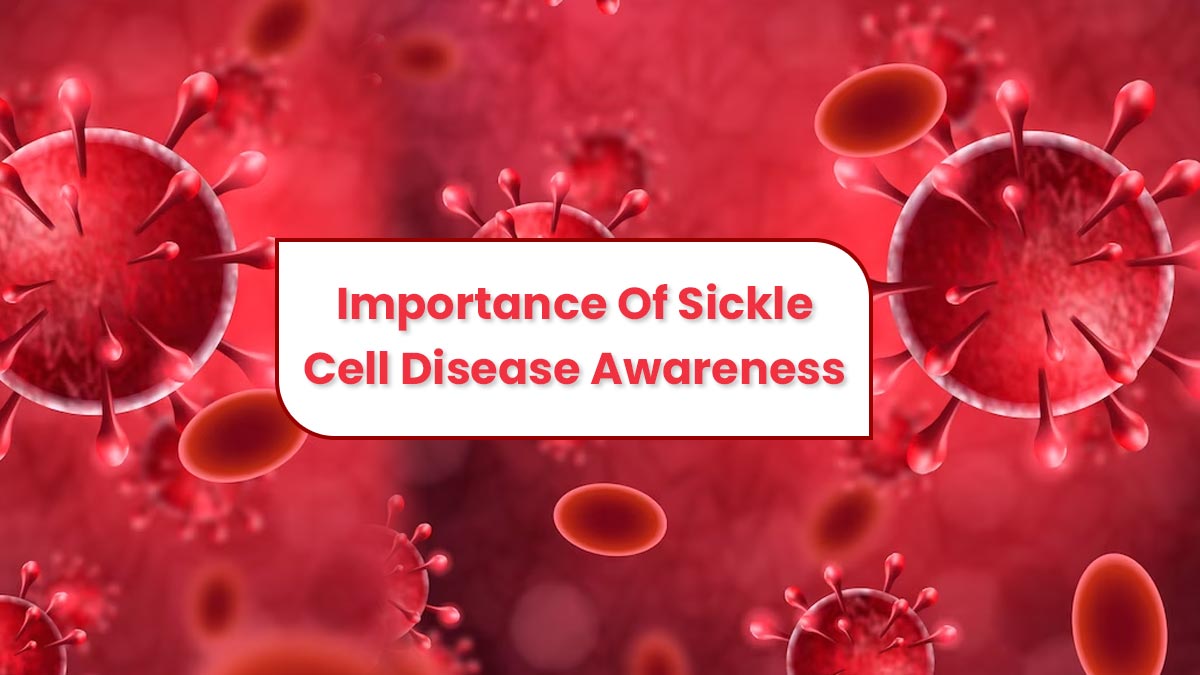
September is designated as Sickle Cell Disease Awareness Month, a crucial time to shed light on this genetic condition that affects millions of people worldwide. Sickle Cell Disease (SCD) is a group of inherited red blood cell disorders that can cause severe pain, organ damage, and other complications. Here are some key points to consider during this awareness month:
Table of Content:-
Understanding SCD
Sickle Cell Disease primarily affects individuals of African, Hispanic, Middle Eastern, or South Asian descent. It alters the shape of red blood cells into a sickle-like form, making them less flexible and prone to blockages in blood vessels. This can lead to chronic pain, anaemia, and various health issues.
Early Diagnosis is Crucial
SCD is typically diagnosed through newborn screening programs, allowing for early intervention and management. It's essential to educate healthcare providers, parents, and caregivers about the importance of newborn screening to ensure prompt diagnosis and care.

Also Read: 6 Remarkable Health Benefits Of Exotic Fruits
Quality of Life
Individuals with SCD often face numerous challenges, including frequent pain crises, fatigue, and an increased risk of infections. Supportive care and regular medical check-ups can significantly improve their quality of life.
Advancements in Treatment
Research into SCD has led to advances in treatment options. These include medications to manage pain, blood transfusions, and stem cell transplants in severe cases. Staying informed about these treatment options is crucial for both patients and healthcare providers.

Also Read: 6 Remarkable Health Benefits Of Exotic Fruits
Raising Awareness
By spreading awareness about Sickle Cell Disease, we can reduce stigmatisation and ensure that affected individuals receive the support and understanding they need. Encourage open conversations and share information within your community.
This Sickle Cell Disease Awareness Month, let's join hands to raise awareness, support those affected, and work towards a future where individuals with SCD can live healthier, pain-free lives. Together, we can make a positive impact on the lives of millions of people living with this condition.
Also watch this video
How we keep this article up to date:
We work with experts and keep a close eye on the latest in health and wellness. Whenever there is a new research or helpful information, we update our articles with accurate and useful advice.
Current Version